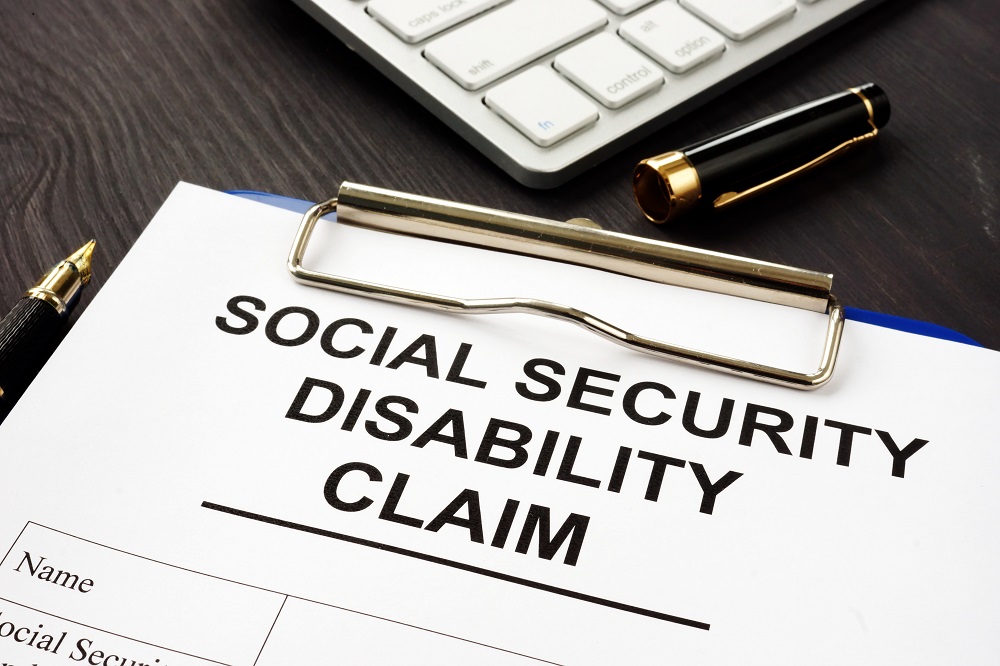To receive Social Security disability benefits, a person must meet certain medical criteria established by the Social Security Administration. A person’s medical records play an important role in determining if the person qualifies for benefits. Here’s what you should know about which medical records you need to provide so there is adequate medical evidence to support your disability claim.
Medical Evidence
To receive Social Security benefits, you need to provide the medical evidence that you are disabled in a way that matches the Social Security Administration’s definition of being disabled. Essentially, your medical condition must prevent you from working, and you must have been diagnosed with that medical condition for more than one year, and/or that the medical condition will result in your eventual death.
Medical records are viewed by the Social Security Administration as credible, third-party records. Medical records must list the impairments that cause your disability, and include clinical prescriptions, lab results, and other important medical information. In your disability claim, it is important to provide copies of all relevant medical records that relate to your disability. You want to paint a clear and accurate picture of your medical condition.
Also, it is important to include your medical records when you first apply for disability. Don’t plan to send them in later, after you’ve made your initial claim. You do not want the Social Security Administration to determine your disability status without hard evidence of your medical condition.
Important Medical Information
The Social Security Administration publishes the Blue Book. This is a listing of medical impairments that prohibit people from working. Under each listing is the medical information you are required to submit with your disability claim. If your impairment is not in the Blue Book, you may still file for disability.
Another resource to help you is The Code of Federal Regulations. This outlines the types of medical evidence that you must submit with your claim. For example, under Medical Opinion, the evidence you must provide is a statement from a medical provider on your abilities and limitations per your impairment such as ability to perform mental tasks, stand, lift, walk, carry certain weights, etc. Under Objective Medical Evidence, you would provide lab work, test results, blood tests, x-rays, and MRIs.
The Code of Federal Regulation also includes the category of Other Medical Evidence. This includes judgements and determinations by licensed medical professionals about your diagnosis, treatment history, and severity of your medical condition. Evidence from non-medical sources includes information about you relating to your claim from non-medical sources. These can be former employers, coworkers, and family members who know of your condition.

Requesting Your Medical Records
To request your medical records, you must send a letter to current and former doctors, hospitals or clinics, and other healthcare providers. You may also individually visit with each of these parties in person to request your medical records. In some cases, you may be charged for copies. Do not delay in submitting these requests, as you want to submit your claim with these records to the Social Security Administration as soon as possible. By the way, you do not need to submit all medical records. The Social Security Administration requests only medical records pertinent to your specific claim. This also streamlines the decision-making process.
You can ask family and friends to help access your medical records. But due to patient privacy laws, you must be involved and authorize a personal representative to act on your behalf.
Once you have been approved for disability benefits, you have options available to you try and earn income while still maintaining eligibility for benefits! To learn more about the incentives available to you that can help you get back on the path to self-sufficiency, and help you may receive through Social Security Ticket to Work employment networks, call DisABLEd Workers at 877-291-9806.

